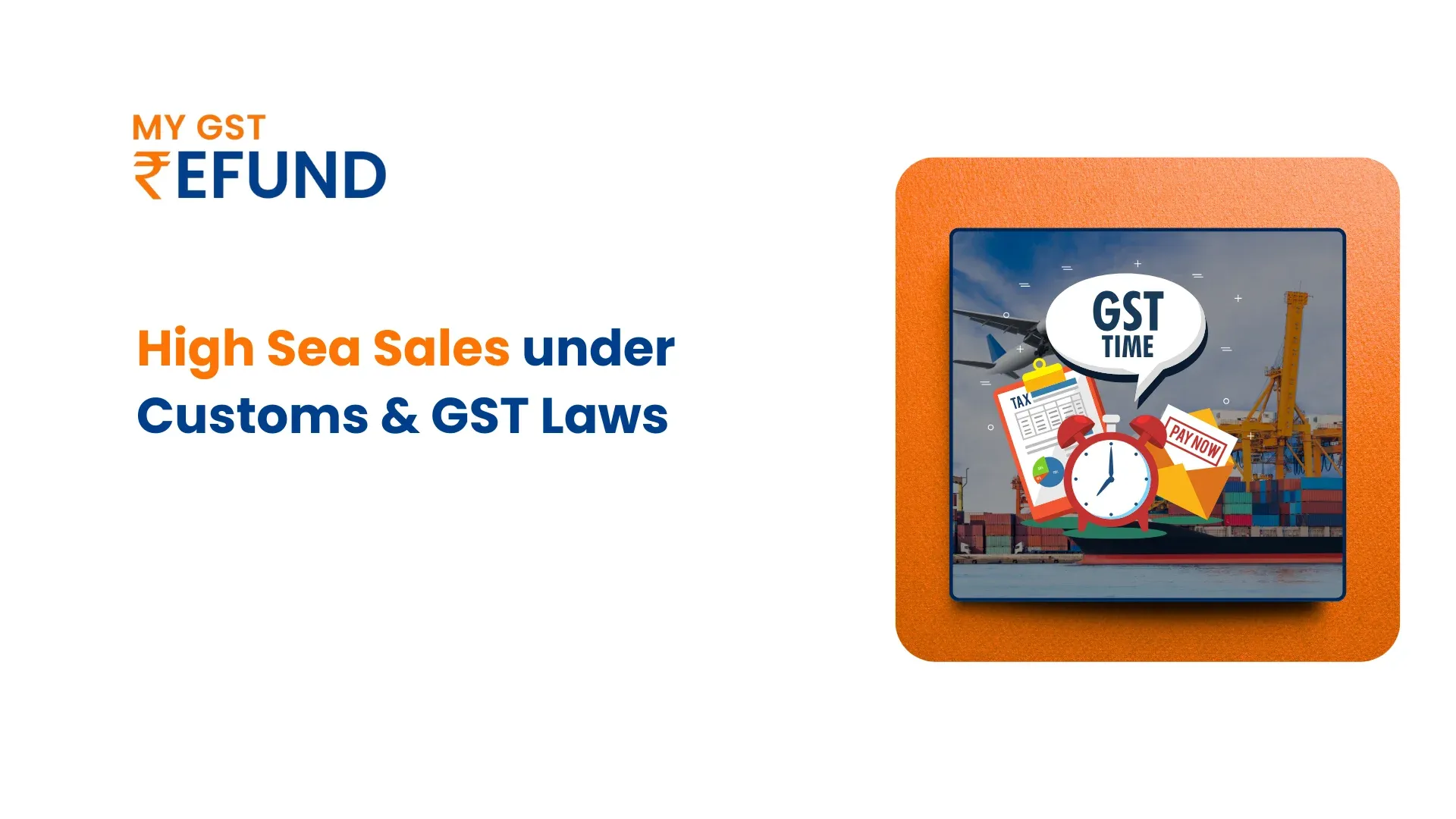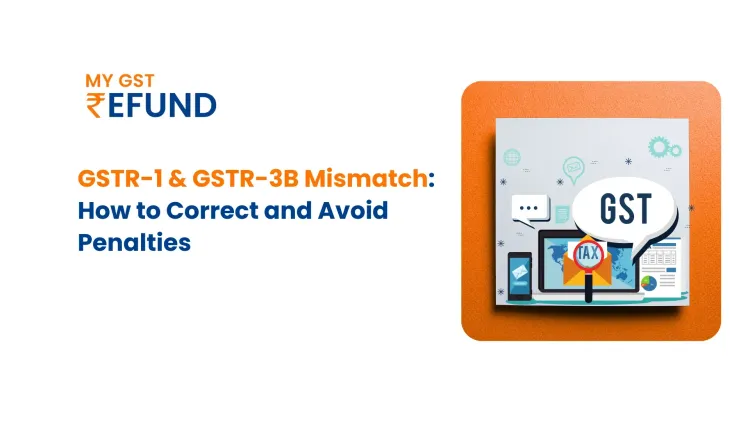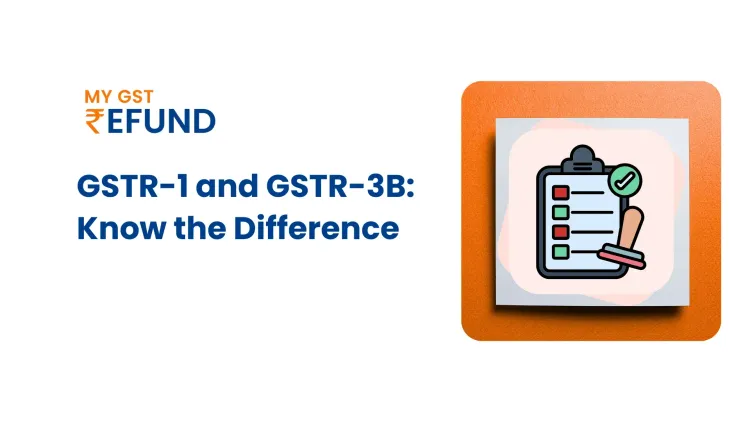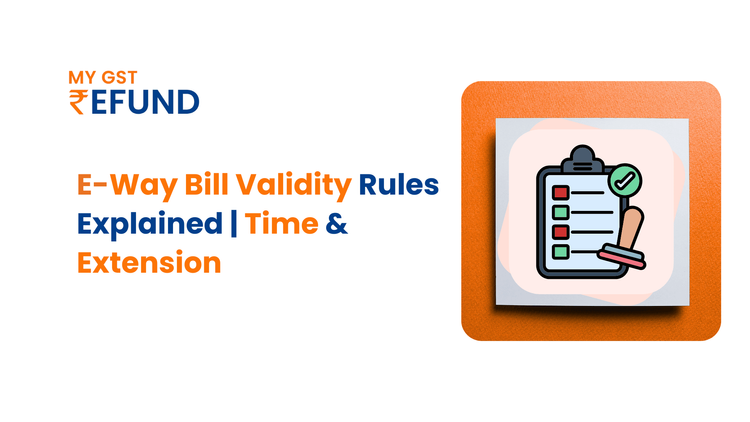High Sea Sales under Customs & GST Laws
The term high sea sales describes a legitimate business practice in which the original importer of goods sells them to a third party prior to the products' clearance by customs. Below is an explanation of High Sea Sales under Customs & GST, with important case law.
1. High Sea Sales under Customs Law
Customs Implications of High Sea Sales:
Customs Duty: When the goods arrive at the port and the buyer , the customs duty is paid by the person who has purchased the goods on the high seas. The value for customs duty is based on the transaction value agreed upon by the buyer and the seller.
No Transfer of Physical Goods: High Sea Sales allow the transfer of ownership of goods, but there is no such physical movement of the goods between the seller and the buyer. The goods can be transferred while they are still in transit.
Customs Law:
Section 12 of the Customs Act, 1962, specifies the terms under which goods are subject to customs clearance; this happens when the goods are imported into India. In the case of High Sea Sales, the importer clears the goods from customs on behalf of the buyer.
2. High Sea Sales under GST Law
The high sea sale transactions are considered exports because they are completed before the goods enter customs clearance in India, according to the GST(Goods and Services Tax) framework.
GST Implications of High Sea Sales:
Export Nature: High Sea Sales are classified as export transactions for GST regulation. Since exports are accounted as zero-rated under GST.
IGST on Import: When the goods arrive in India and are cleared from customs, the buyer (the importer) is required to pay IGST upon customs clearance. IGST is computed on the transaction value (Cost of freight & insurance).
Input Tax Credit (ITC): The purchaser is entitled to ITC against the IGST paid on import, provided there is compliance with the conditions as laid down under the GST Law.
Can the final buyer claim an input tax credit of GST paid on high-sea sales?
Yes, the final buyer in an HSS transaction can claim Input Tax Credit (ITC) for the GST paid on the transaction.
Want to claim your IGST Refund? claim with us.
3. Important Case Laws on High Sea Sales
Several court decisions have helped explain how High Sea Sales are treated under Customs and GST laws in India. Below are some important case laws of High Sea Sales:
Case Law 1: Commissioner of Customs (Imports) v. M/s. Shree Krishna Enterprises (2019)
Citation: [2019 (368) ELT 559 (SC)]
Problem: The agreed sale price in a High Sea Sale is to be utilised in computing customs duty, and such sales are to be exempt from GST under the Customs Act and GST laws.
Ruling: The Supreme Court held that the value of the goods when imported should be utilised to determine customs duty, and the same should be paid by the buyer at the time of clearance of the goods. High Sea Sales are considered as exports, hence GST on the sale executed on the high seas is exempt.
Case Law 2: M/s. South India Trading Co. v. Commissioner of Customs (2016)
Citation: [2016 (337) ELT 525 (Tri. – Chennai)]
Issue: The case about whether goods imported under High Sea Sale transactions are liable to Customs Duty based on the purchase value and whether GST should be applied on the sale.
Ruling: The Tribunal said that High Sea Sale transactions are marked as export transactions, and customs duties are calculated based on the transaction value. The GST Council clarified that no GST is applicable on High Sea Sales, but IGST will apply at the time of importation, which the importer can claim as input tax credit.
4. Key Considerations for High Sea Sales
Customs Valuation: The customs duty is calculated based on the transaction value agreed by the importer or seller at the time of High Sea Sales. This price includes cost, freight, insurance, and other expenses for the goods to the Indian port.
GST Exemption on Sale: No GST is applied on the sale of goods during High Sea Sales, but IGST can be paid when the goods are cleared from customs.
Documentation: High Sea Sale transactions must be documented correctly, with clear records of the sale agreement, bill of lading, and invoice. When the goods reach India, the buyer must submit a Bill of Entry for customs clearance.
Documentation: The Documentation of the High Sea Sale must be correct with proper records, like the sale agreement, bill of lading, and invoice. Once the goods are received in India Bill of Entry is submitted by the buyer to customs clearance.
5. Conclusion
One of the many advantages of high sea sales is that they allow the buyer to resell the items without having to wait for their importation into India. They
must, however, be supported by the right paperwork and adherence. Both the buyer and the importer of the high sea sale must demonstrate ownership of the commodities transferred prior to them passing through Indian customs. They might be required to pay more taxes if they are unable to produce this proof. Judicial rulings have helped to clarify the transaction of High Sea Sales in both Customs and GST laws.
Related Posts







